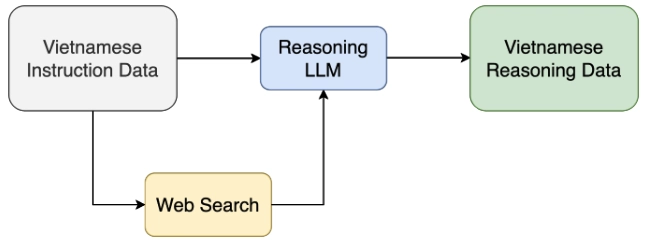Funtion in Python
A functions is a named block of code that does something when you call it. Think of it like mini-program inside your main program. Why use functioning? To avoid repeating the same code To organize your code better To make your code reusable. Example 1: A simple function def say_hello(): print("Hello, friend!") To run this function: say_hello() Example 2: Function with input def greet(name): print("Hi", name) greet("Blackmare01wolf") # Output: Hi Blackmare01wolf Example 3: Function that gives back a result def add(a, b): return a + b total = add(5, 10) print(total) # Output: 15 Use def to define a function. Use return when you want to give back a value.

A functions is a named block of code that does something when you call it. Think of it like mini-program inside your main program.
Why use functioning?
- To avoid repeating the same code
- To organize your code better
- To make your code reusable.
Example 1: A simple function
def say_hello():
print("Hello, friend!")
To run this function:
say_hello()
Example 2: Function with input
def greet(name):
print("Hi", name)
greet("Blackmare01wolf") # Output: Hi Blackmare01wolf
Example 3: Function that gives back a result
def add(a, b):
return a + b
total = add(5, 10)
print(total) # Output: 15
Use def to define a function. Use return when you want to give back a value.





































































































































































![[The AI Show Episode 145]: OpenAI Releases o3 and o4-mini, AI Is Causing “Quiet Layoffs,” Executive Order on Youth AI Education & GPT-4o’s Controversial Update](https://www.marketingaiinstitute.com/hubfs/ep%20145%20cover.png)




























































































































![[FREE EBOOKS] Learn Computer Forensics — 2nd edition, AI and Business Rule Engines for Excel Power Users & Four More Best Selling Titles](https://www.javacodegeeks.com/wp-content/uploads/2012/12/jcg-logo.jpg)





![From Art School Drop-out to Microsoft Engineer with Shashi Lo [Podcast #170]](https://cdn.hashnode.com/res/hashnode/image/upload/v1746203291209/439bf16b-c820-4fe8-b69e-94d80533b2df.png?#)






































































































(1).jpg?#)
































_Inge_Johnsson-Alamy.jpg?width=1280&auto=webp&quality=80&disable=upscale#)






























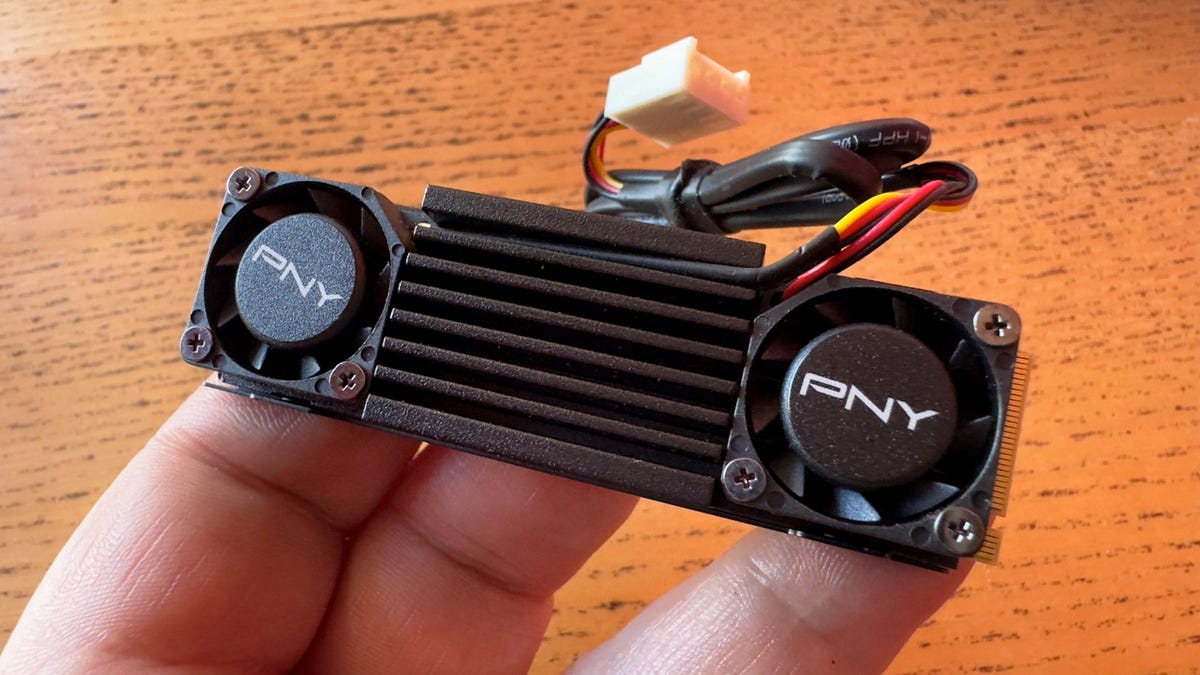






















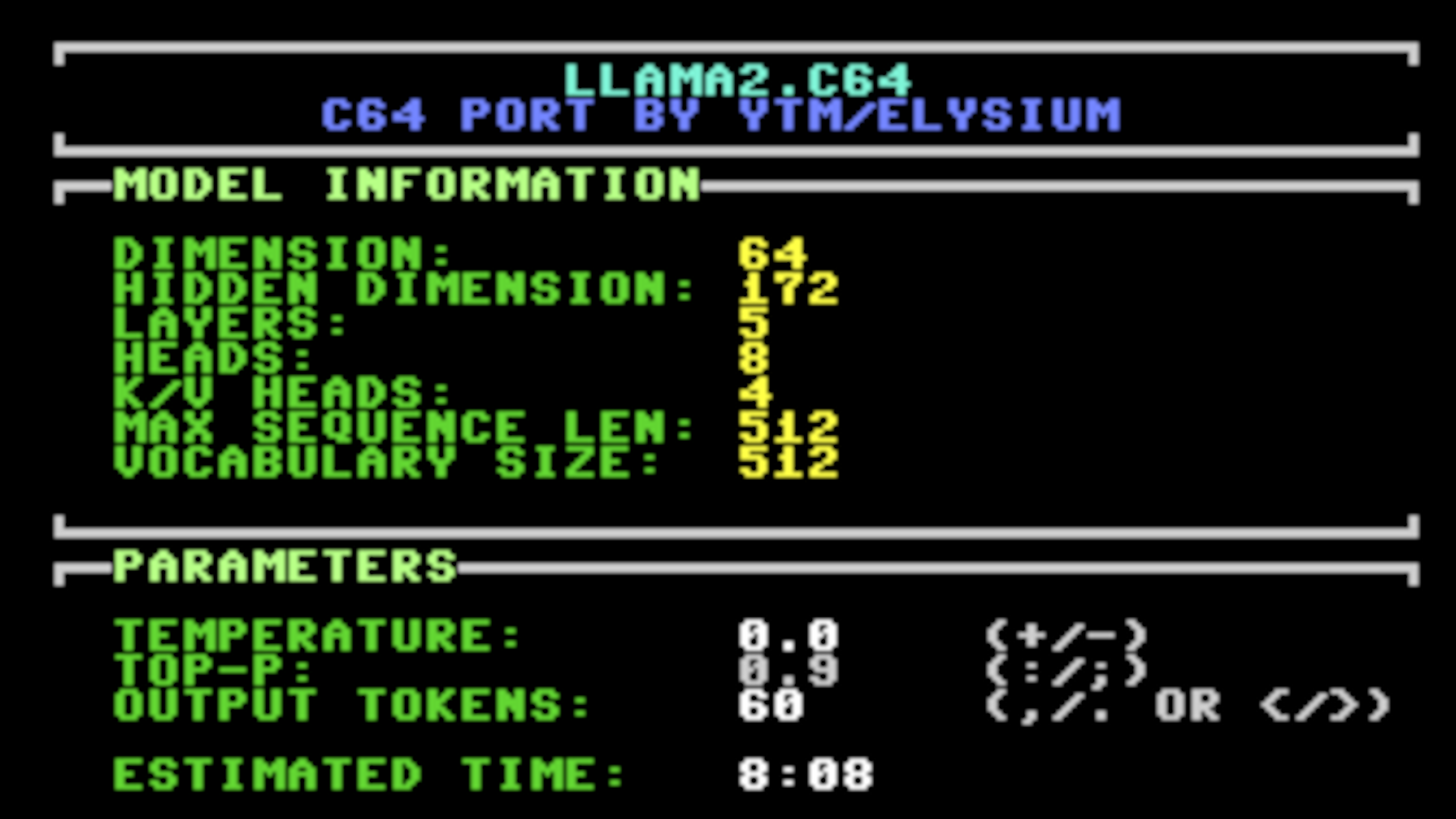





























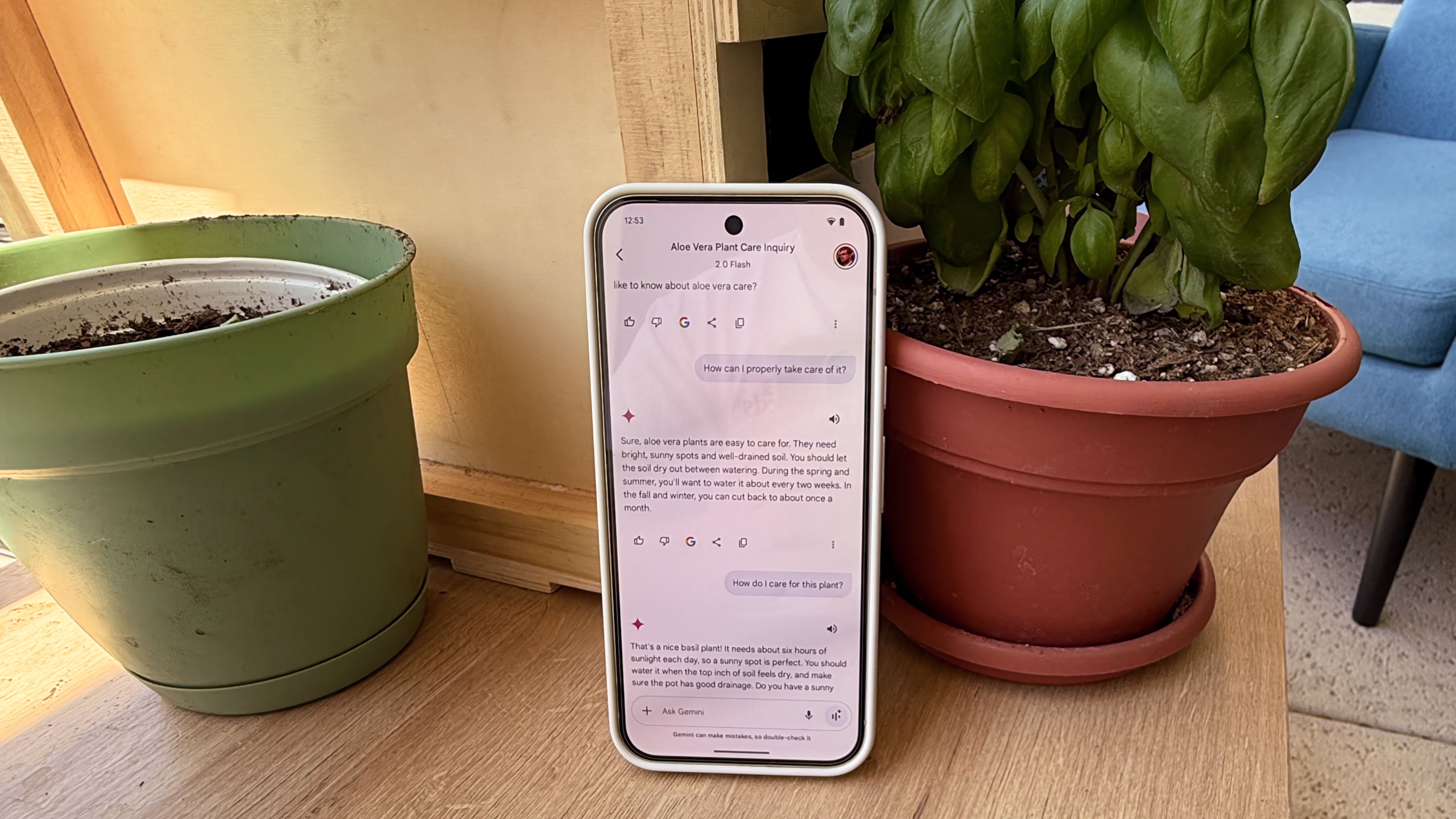



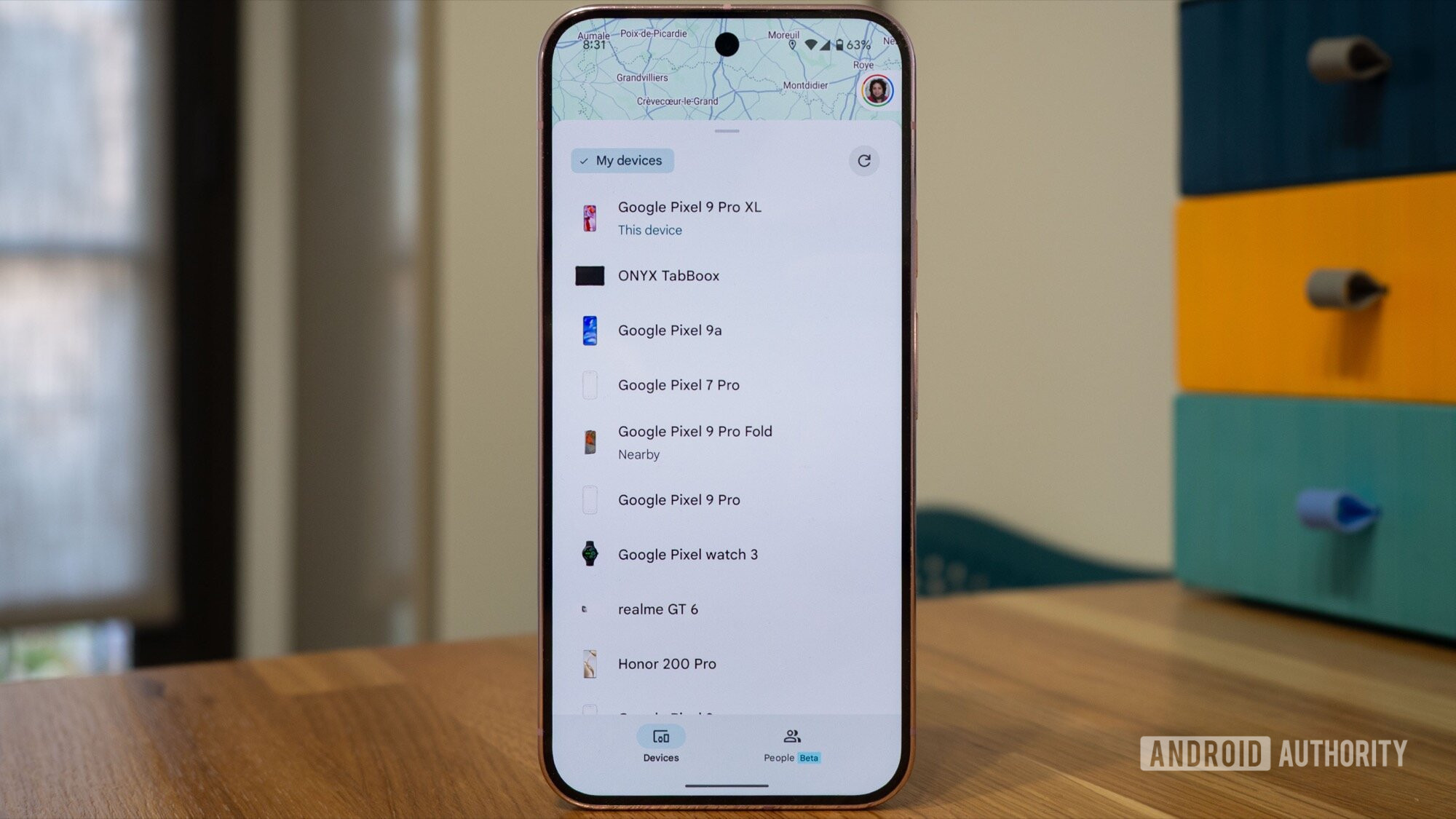


















![Apple to Split iPhone Launches Across Fall and Spring in Major Shakeup [Report]](https://www.iclarified.com/images/news/97211/97211/97211-640.jpg)
![Apple to Move Camera to Top Left, Hide Face ID Under Display in iPhone 18 Pro Redesign [Report]](https://www.iclarified.com/images/news/97212/97212/97212-640.jpg)
![Apple Developing Battery Case for iPhone 17 Air Amid Battery Life Concerns [Report]](https://www.iclarified.com/images/news/97208/97208/97208-640.jpg)
![AirPods 4 On Sale for $99 [Lowest Price Ever]](https://www.iclarified.com/images/news/97206/97206/97206-640.jpg)
































![[Updated] Samsung’s 65-inch 4K Smart TV Just Crashed to $299 — That’s Cheaper Than an iPad](https://www.androidheadlines.com/wp-content/uploads/2025/05/samsung-du7200.jpg)


































































